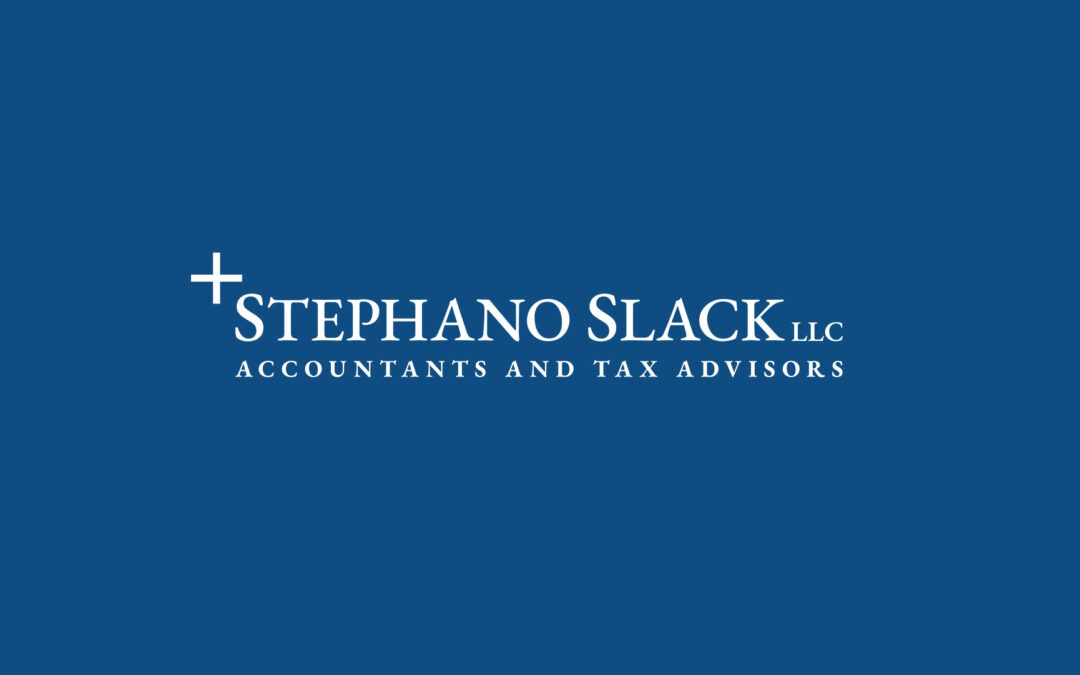The Supreme Court ruled that South Dakota can require online retailers to collect sales tax, in the June 21st, 2018 decision of South Dakota v. Wayfair, Inc.
Collecting sales tax on online purchases has been a controversial subject for years. The Supreme Court’s 5-4 opinion overruled Quill Corporation v. North Dakota, which disallowed states from requiring businesses to collect sales tax unless they had a physical connection to the state. This cost states billions of dollars in lost revenue annually, allowed consumers to save money, at the same time allowing tremendous growth of online retail companies. The Supreme Court felt this left businesses with a physical presence at a disadvantage in relation to internet sellers.
Keep in mind this law does not change what is already taxable in each state. That remains unchanged. It does change the tax obligation imposed on companies to an economic nexus (economic activity, which could be sales revenue or transaction volume) in the state as opposed nexus, or physical presence in a state. This ruling applies to online as well as offline sales.
The Supreme Court decision was based on South Dakota’s law. According to South Dakota’s law, a remote seller would be required to collect sales tax if they had $100,000 in sales or 200 separate transactions. The South Dakota law is based on gross revenue. So even if a large percentage of sales were not taxable, as long as the gross sales are over $100,000, the seller would be required to file a sales tax return. The South Dakota law also states that this cannot be retroactively applied.
Why are we telling you about the South Dakota law? How easy would it be for any other state to adopt this law, knowing that it will not be challenged because of the Supreme Court decision in South Dakota.
The Supreme Court decision ruled that states can require online retailers to collect tax. The process of figuring out how to collect and remit sales tax in states where you’re not located can be a very complicated one. Only time will tell how other states will react and what new laws will be put in to place.
If you have a business that may be affected by the Supreme Court decision, please contact us at Stephano Slack.
Brooke Carroll, CPA
302-777-7400



Recent Comments